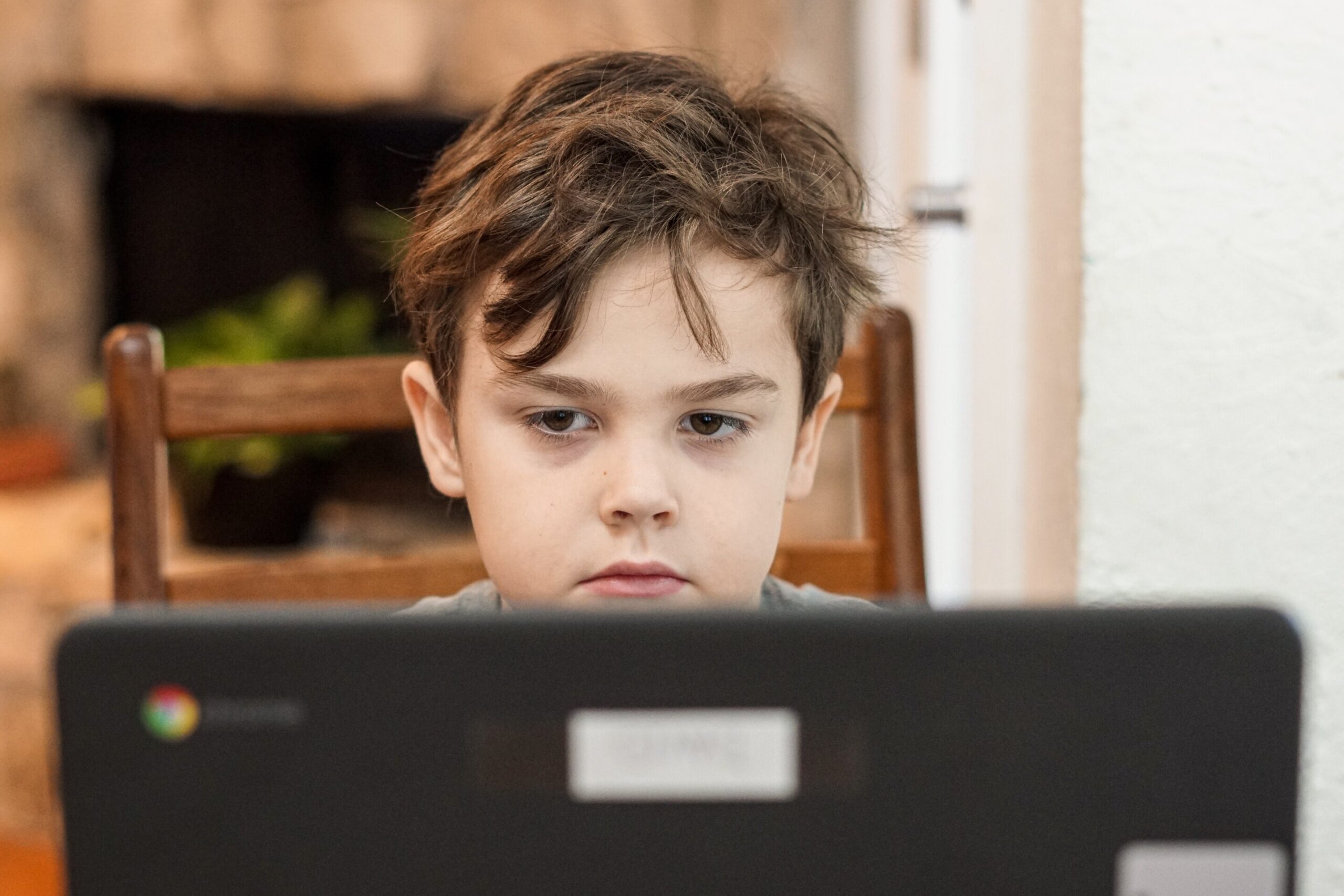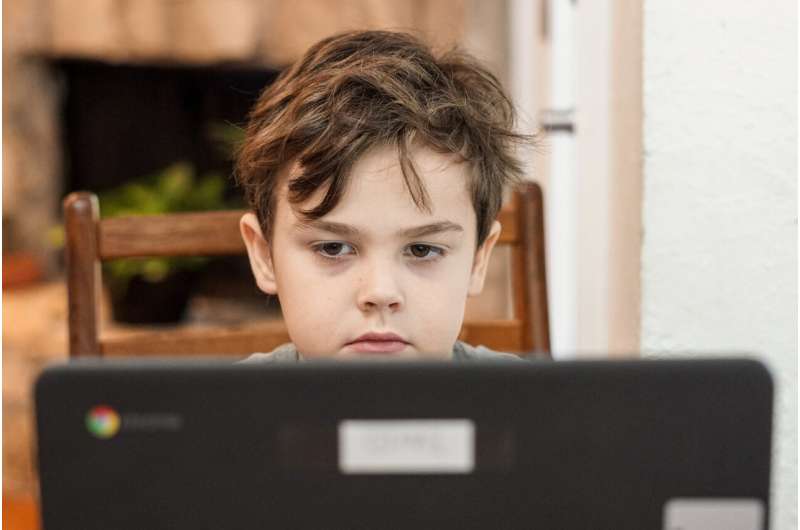

A new study published in Cyberpsychology, Behavior and Social Networking introduces a novel hypothesis that could reshape our understanding of how digital technologies affect human sociality and mental health.
The “Disembodied Disconnect Hypothesis,” proposed by researchers Giuseppe Riva, Brenda K. Wiederhold, and Fabrizia Mantovani, offers a nuanced perspective on the ongoing debate about the impact of digital technologies on mental health, particularly among youth.
Key points of the hypothesis include:
- Rather than fundamentally rewiring cognitive structures, digital platforms are altering the landscape of human sociality in significant ways.
- Online interactions lack crucial “we-mode” processes such as behavioral synchrony, shared attention, interbrain coupling, and emotional attunement, which are fundamental to interpersonal bonding and collective identity formation.
- This “disembodied disconnect” can exacerbate existing social inequalities and mental health issues, particularly for those already struggling with loneliness and social anxiety.
- While digital platforms offer new avenues for interaction, they may inadvertently create a divide between those who can effectively accrue social capital online and those who cannot.
- The researchers argue that this hypothesis provides a more nuanced understanding of the complex relationship between digital technology use and mental health outcomes, moving beyond simplistic narratives of technology as either wholly beneficial or detrimental.
This perspective has important implications for developing strategies to mitigate potential risks associated with digital technology use, particularly for vulnerable populations. The authors suggest focusing on cultivating rich personal relationships within face-to-face communities and investing in shared physical experiences to counterbalance the effects of disembodied digital interactions.
More information:
Giuseppe Riva et al, The Disembodied Disconnect Hypothesis: How Online Interactions Undermine Neurobiological Foundations of Social Cohesion, Cyberpsychology, Behavior, and Social Networking (2024). DOI: 10.1089/cyber.2024.0334
Provided by
Mary Ann Liebert, Inc
Citation:
New hypothesis rethinks tech’s impact on social interaction (2024, July 10)
retrieved 10 July 2024
from https://phys.org/news/2024-07-hypothesis-rethinks-tech-impact-social.html
This document is subject to copyright. Apart from any fair dealing for the purpose of private study or research, no
part may be reproduced without the written permission. The content is provided for information purposes only.